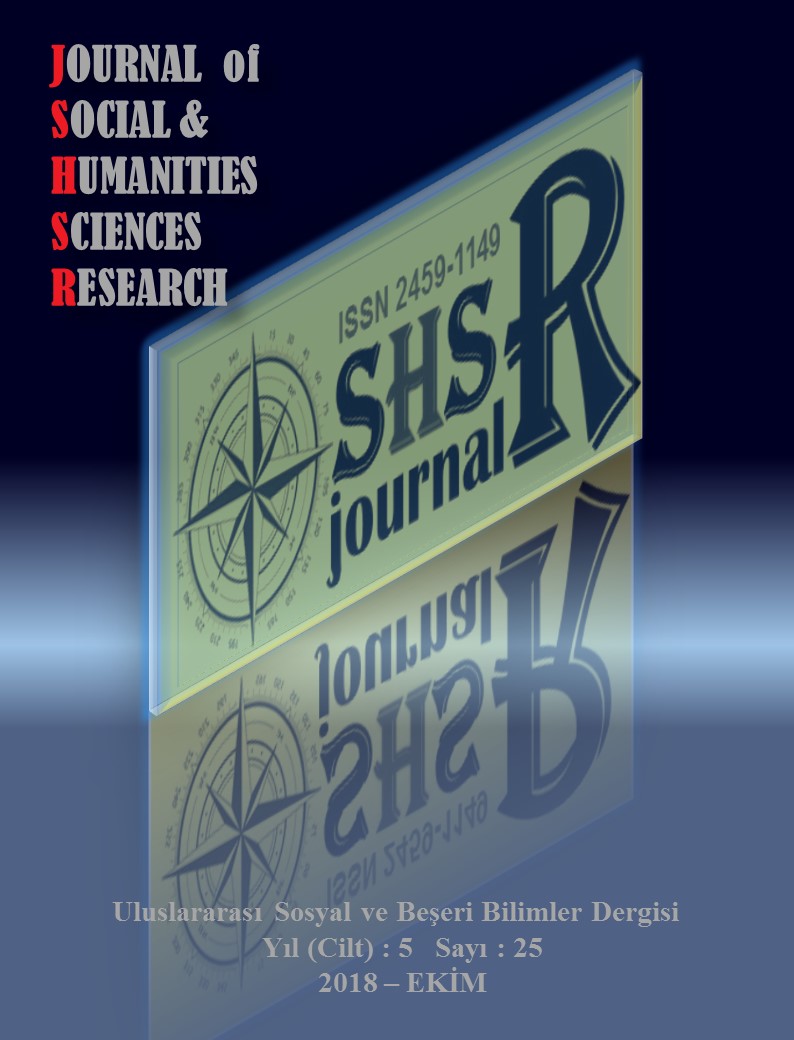AGE DISCRIMINATION IN LABOUR MARKET
DOI:
https://doi.org/10.26450/jshsr.650Keywords:
Age, elderly, labour market, age discriminationAbstract
Our lives are defined by age. Age is used as a tool to reach or achieve some things. Actions such as traveling, voting and getting married often require a certain age condition. In addition, age can be a tool used for grouping people. Groupings such as young people, elderly people or children refer to a certain age range. People's experiences, international standards or stereotypes can be effective in making this distinction. Elderly individuals may be exposed to a stereotype for a variety of reasons. Most of the time, there is a view that the functions are decreasing due to the increase in age. In addition, individuals can get away from the society by retiring from the labor market due to retirement, losing their family roles and being confined to certain places by the society. In this case, the elderly begin to live a life determined by others. As a result of socially defined roles, certain behaviors are expected as a member of a certain generation or age group. This situation means that individuals can live according to others without being optional. In addition, as a result of this single type, individuals can move away from their subjectivity and act according to the point of view of society. In order to regain social functionality, working in a regular after retirement can be effective. However, discriminatory and exclusionist attitudes towards elderly people who want to take part in the labor market bring new problems. In this study, a theoretical examination of age discrimination in the labor market in terms of the social work profession is concerned.
Downloads
Published
How to Cite
Issue
Section
License
Copyright (c) 2018 INTERNATIONAL JOURNAL OF SOCIAL HUMANITIES SCIENCES RESEARCH

This work is licensed under a Creative Commons Attribution 4.0 International License.


